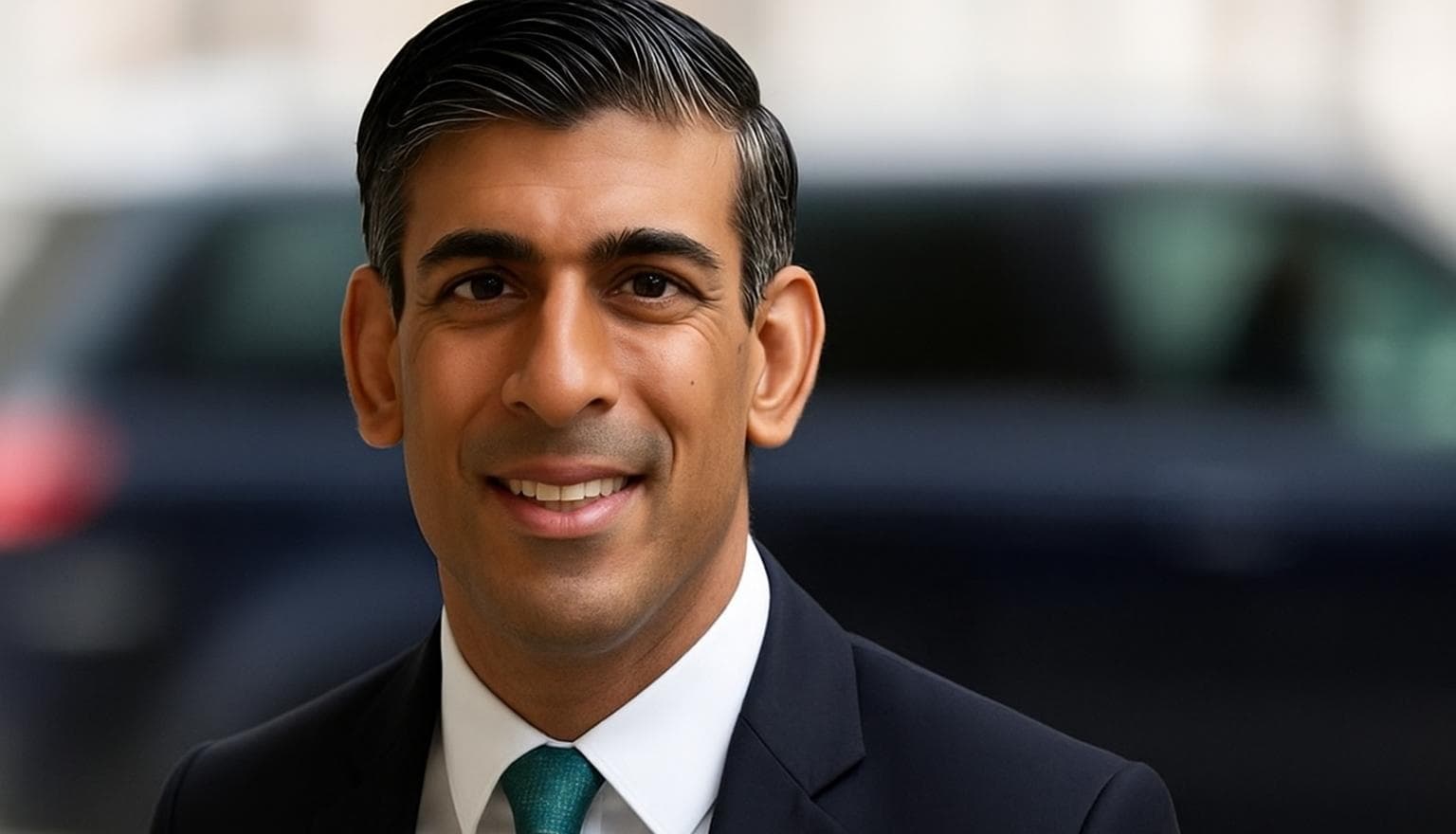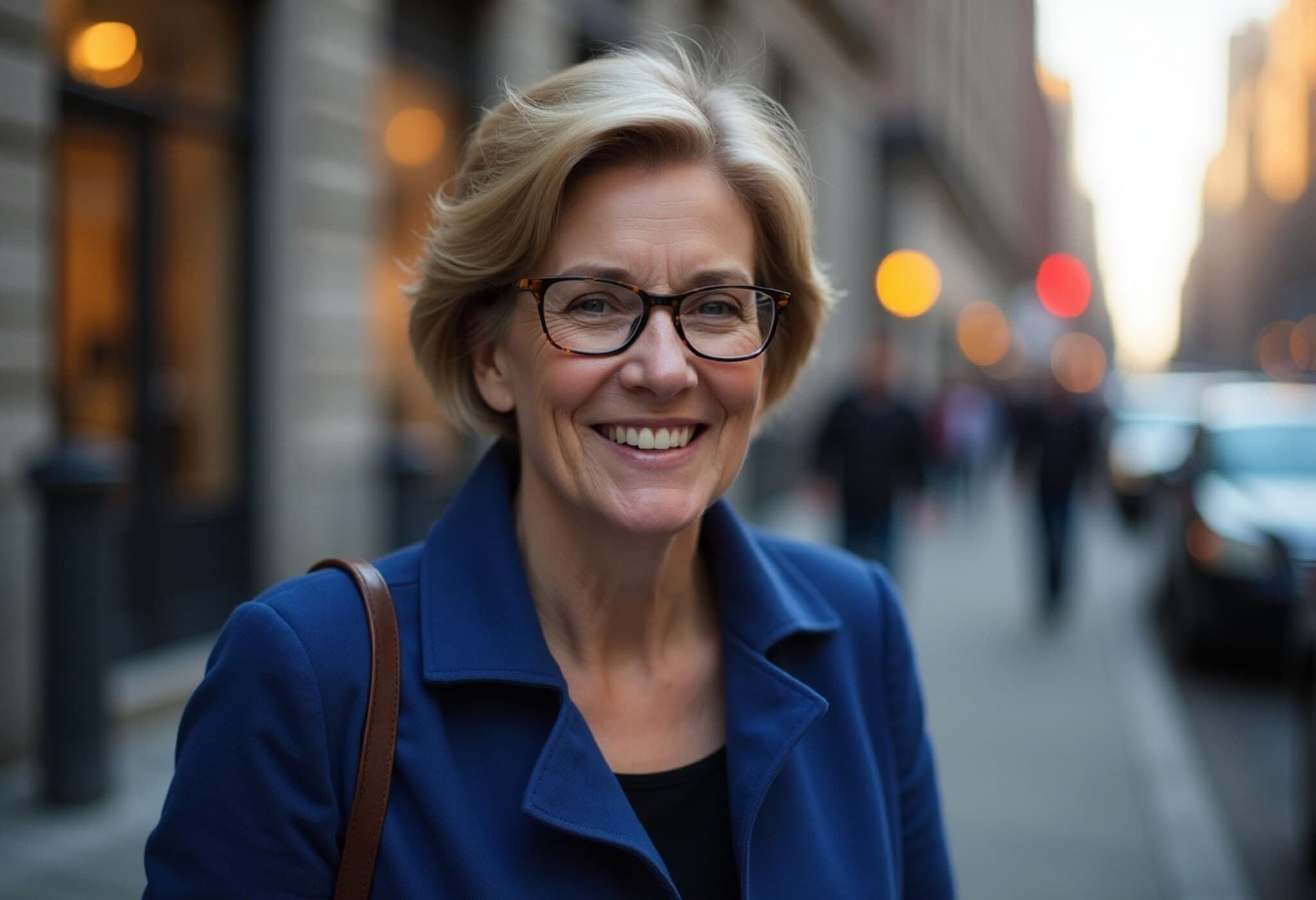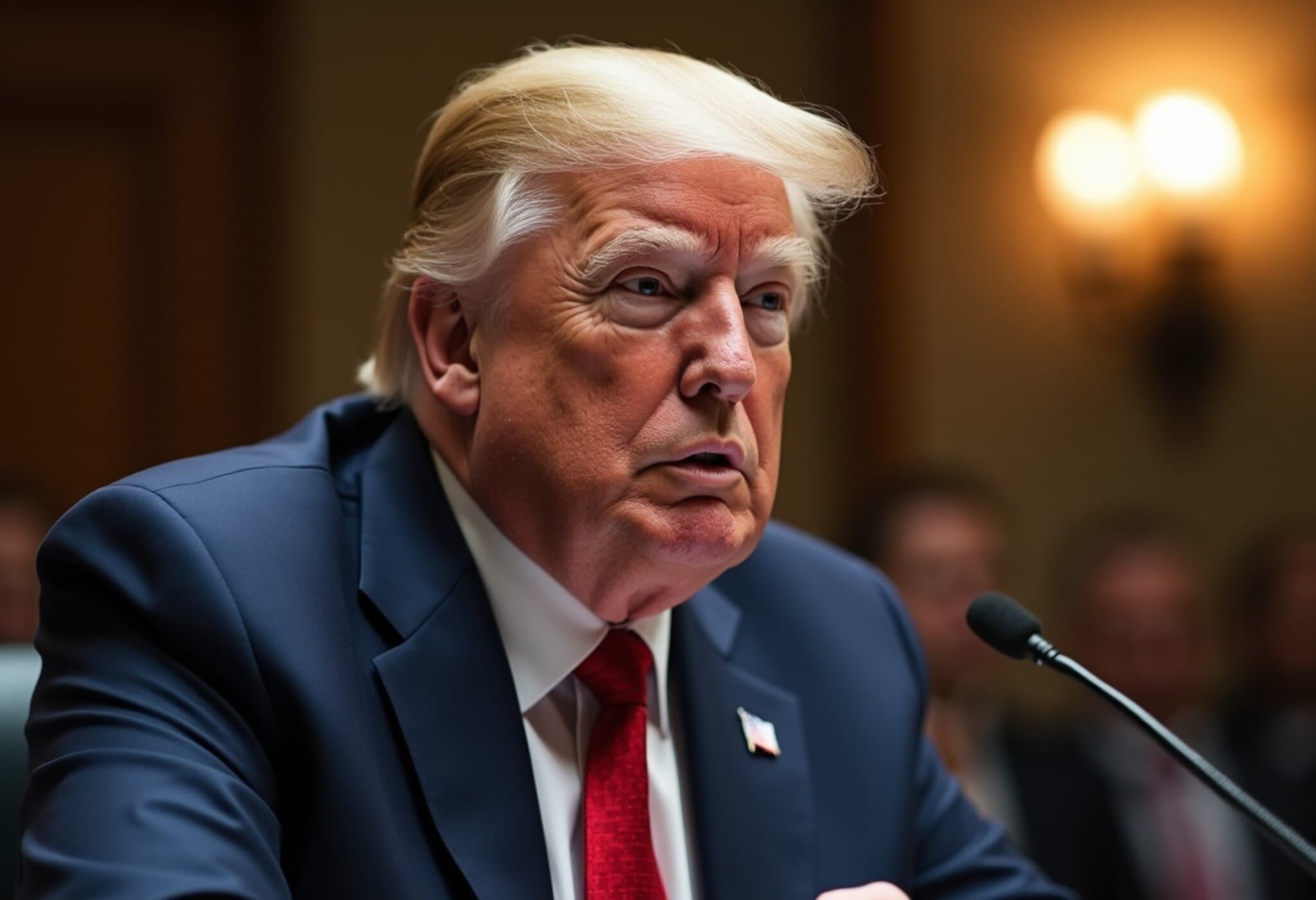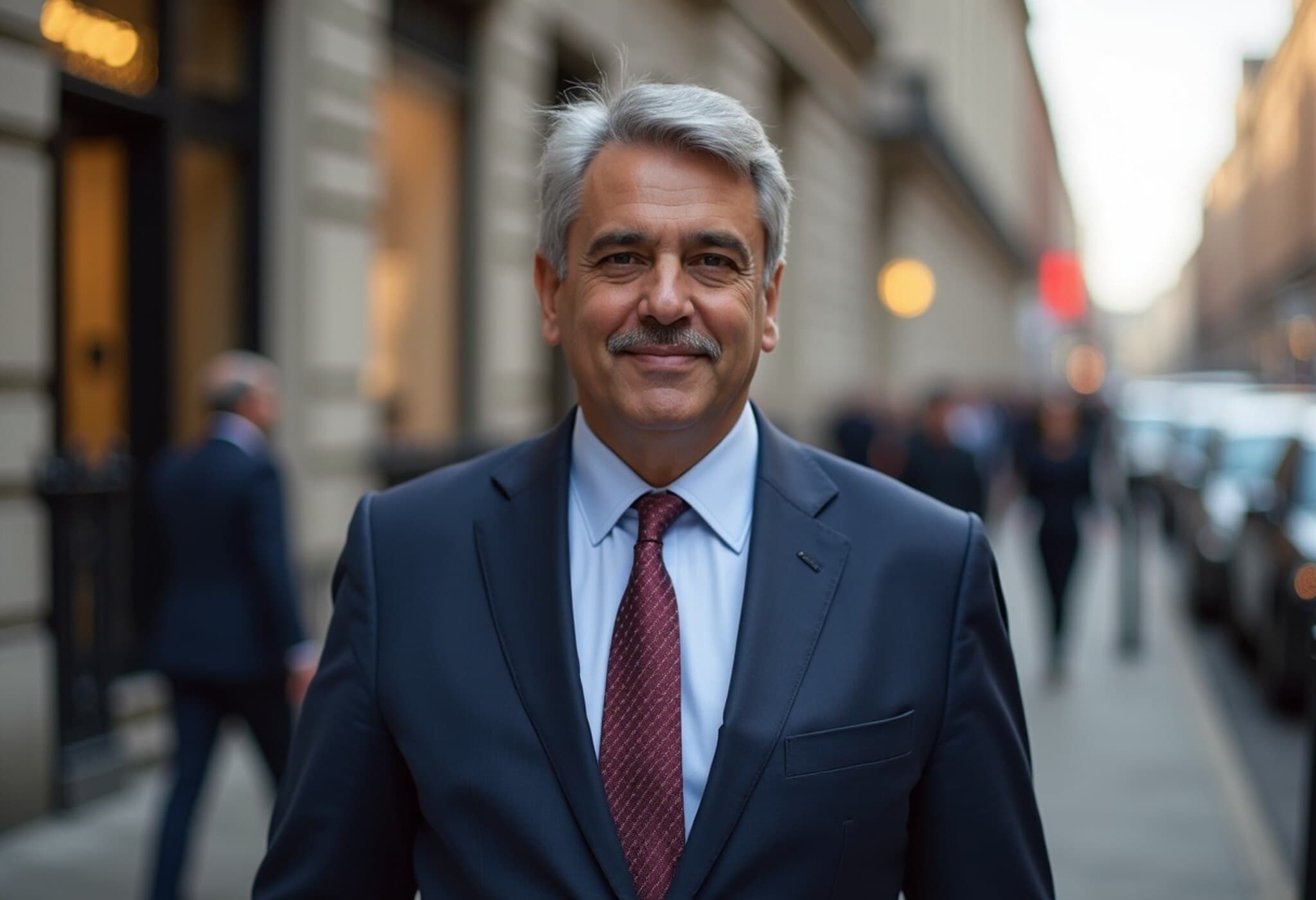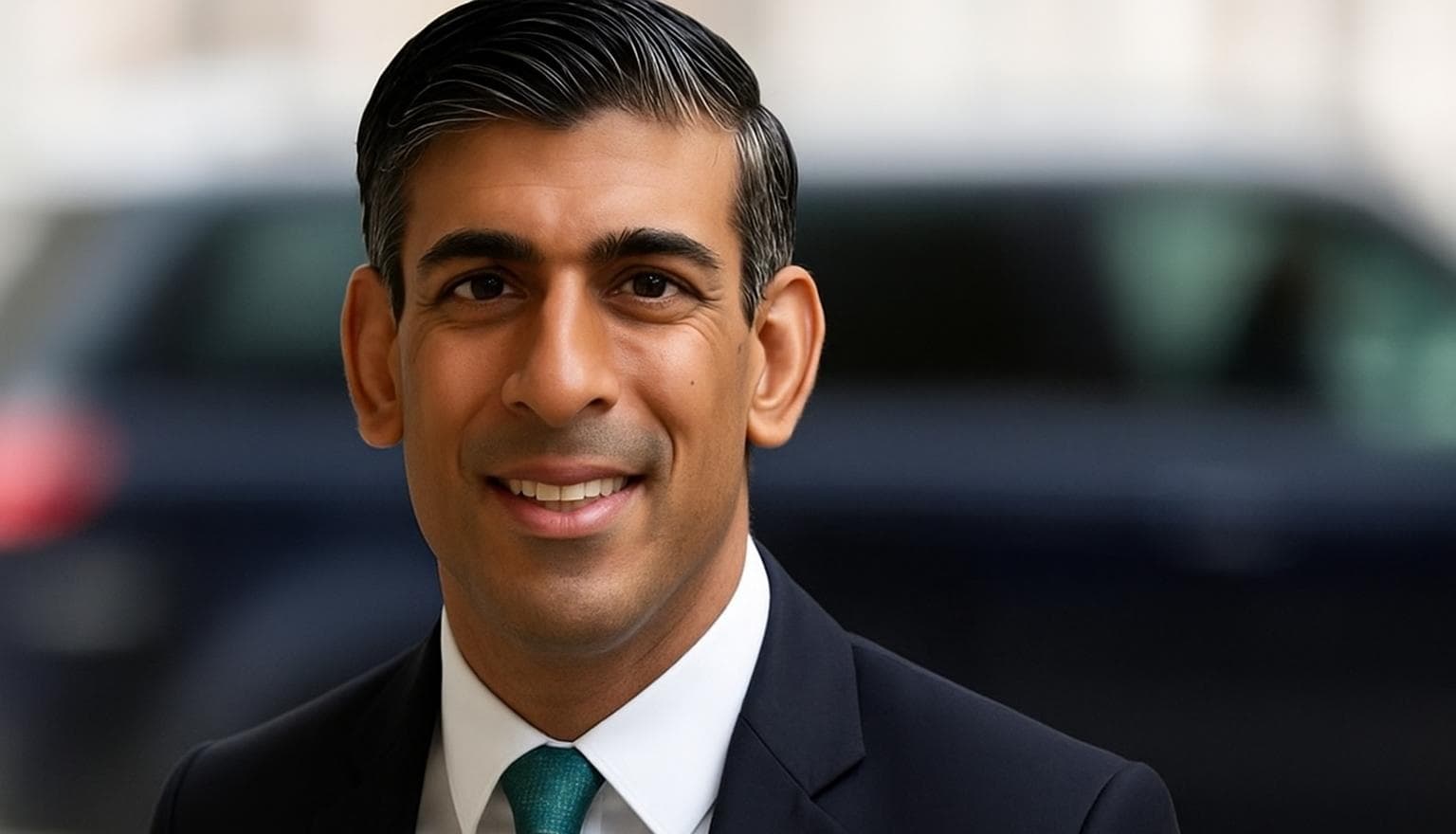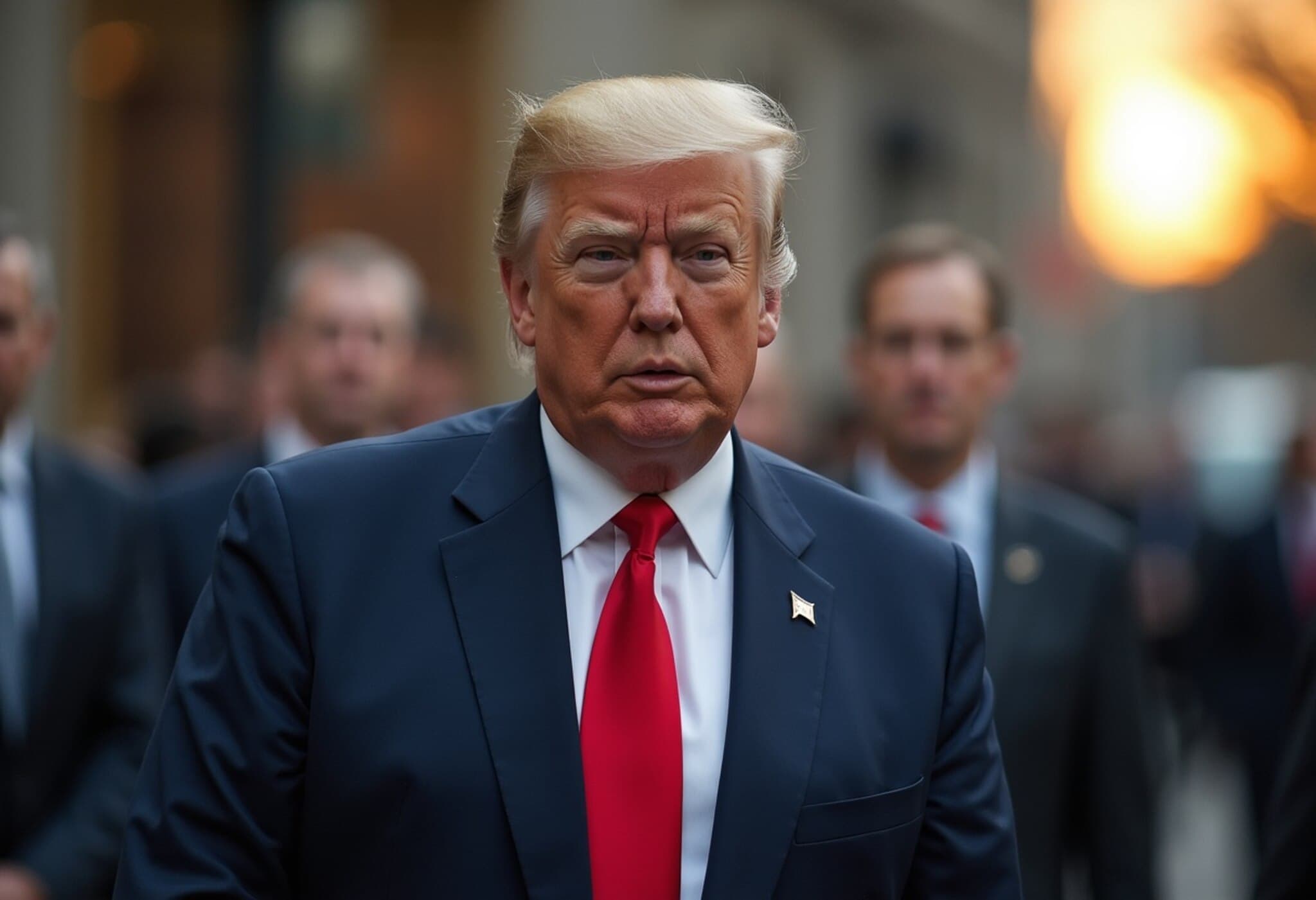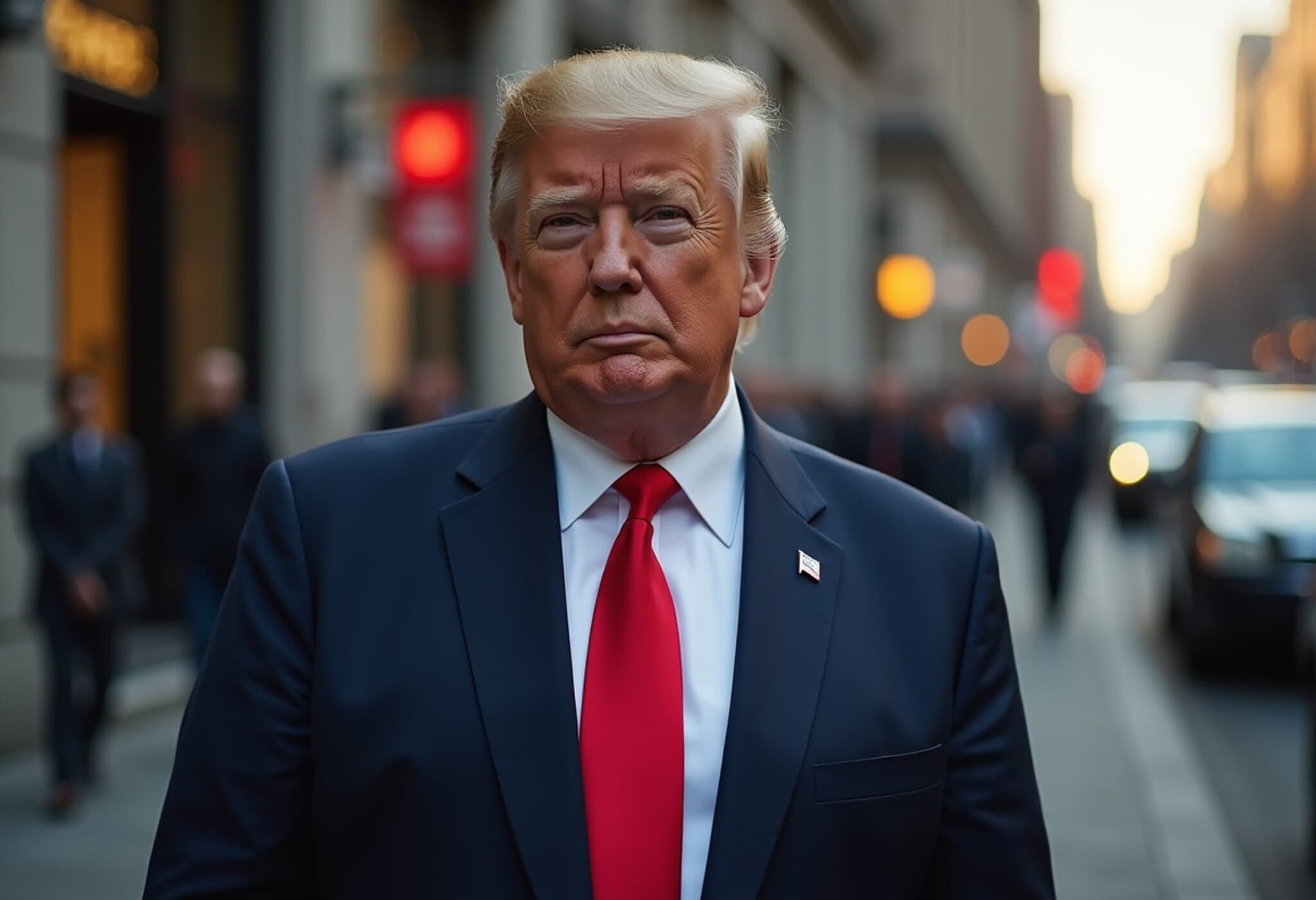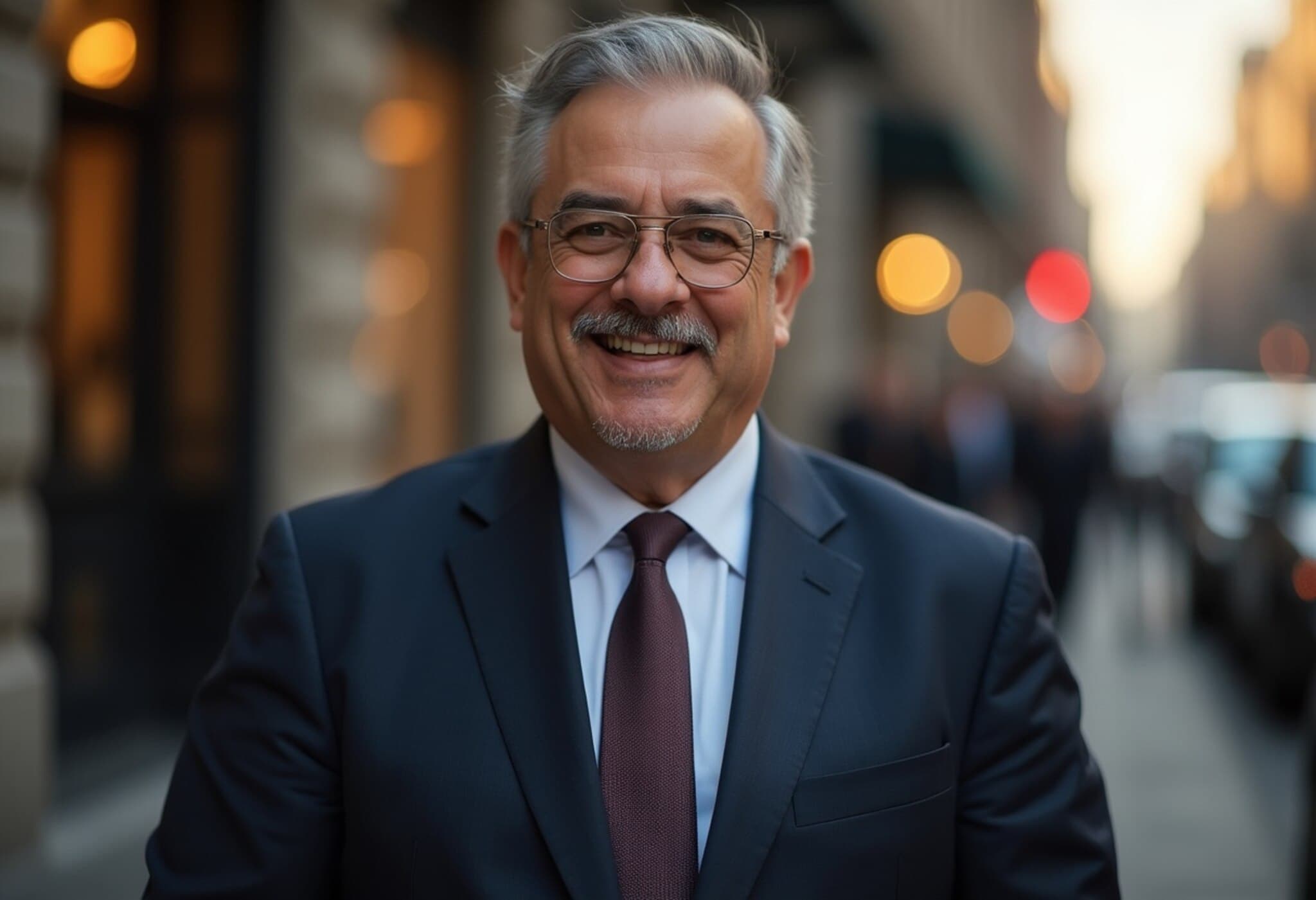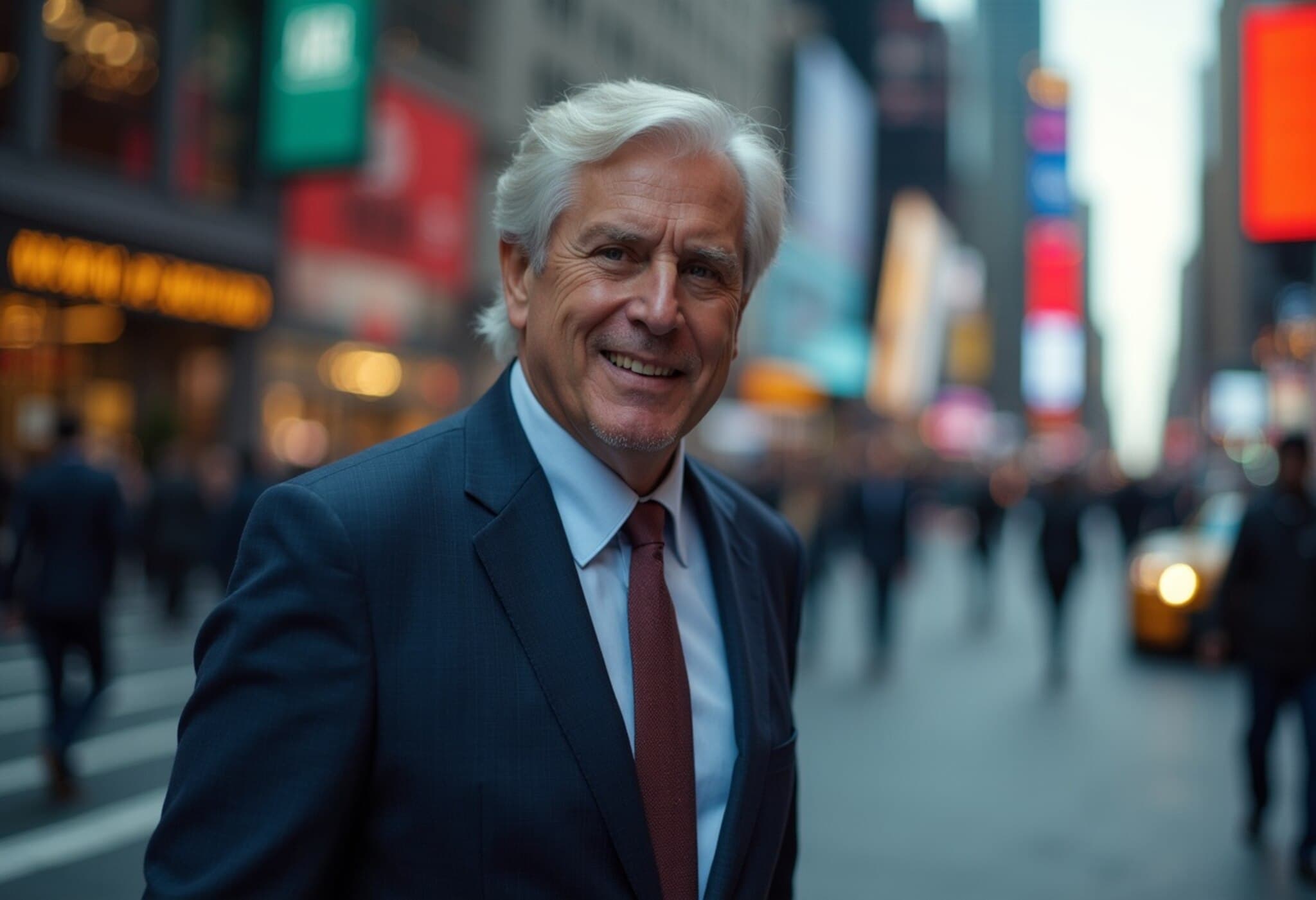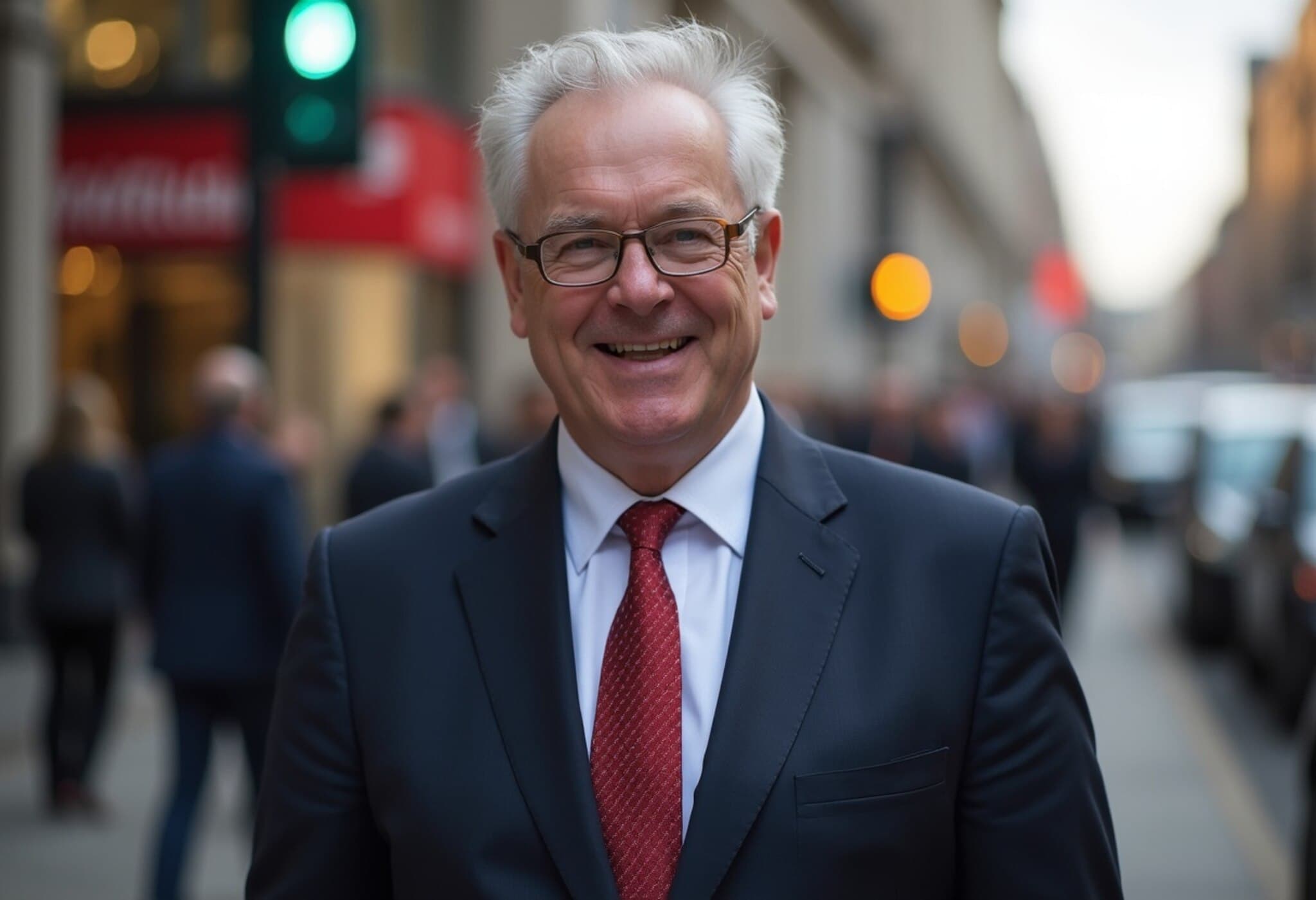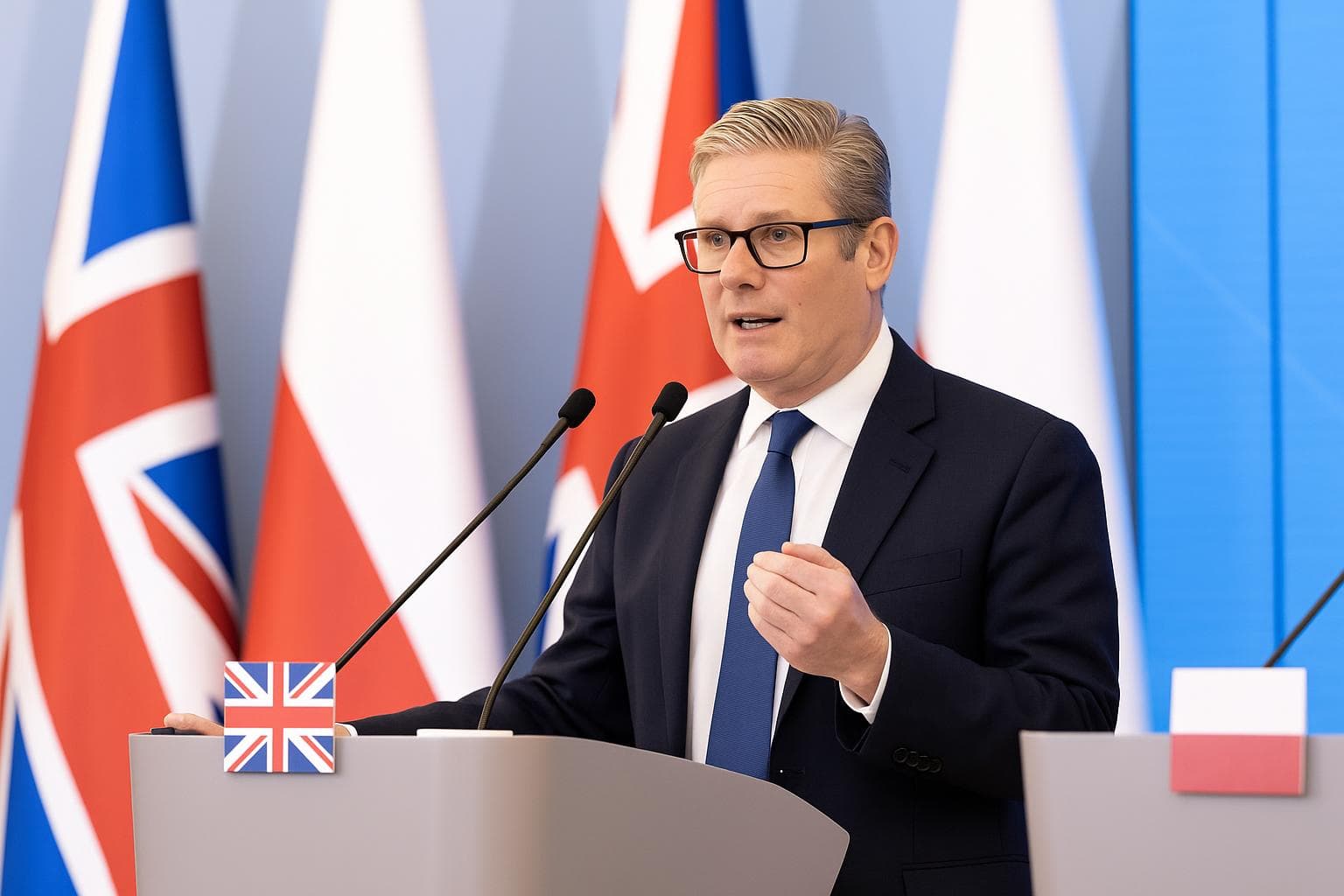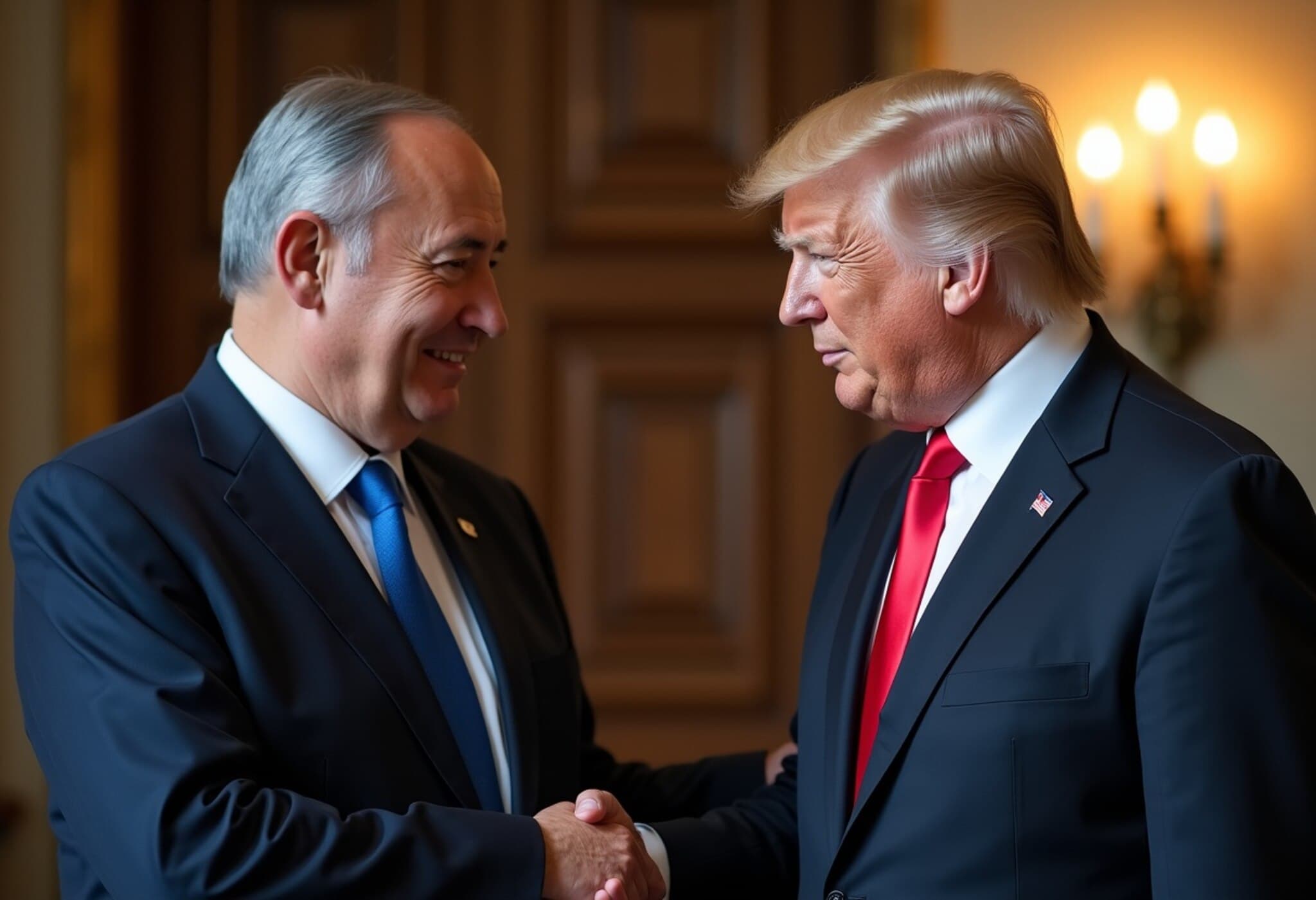Rishi Sunak's Return to Goldman Sachs: A Full-Circle Moment
In a striking move that underscores the fluid boundaries between politics and finance, former UK Prime Minister Rishi Sunak is set to rejoin global investment banking titan Goldman Sachs as a senior advisor. The announcement, made public on July 8, 2025, signals Sunak's re-entry into the financial arena just a year after his dramatic resignation as leader of the Conservative Party—the most significant electoral defeat for his party in a century.
A Journey from Finance to Politics and Back
Sunak's connection to Goldman Sachs began in the early 2000s when he started his career as an analyst at the firm before transitioning to hedge funds. Leaving behind the high-stakes financial world, he pivoted towards public service in the 2010s. Within a few years, he rose through the political ranks to become Chancellor of the Exchequer and ultimately Prime Minister.
His return to Goldman Sachs is not simply a resume reset but a nuanced appointment, leveraging his unique vantage point on macroeconomic and geopolitical issues.
The Role Ahead: Bridging Global Finance and Policy Insight
Goldman Sachs CEO David Solomon highlighted Sunak’s role as instrumental in advising global clients on multifaceted economic challenges. "He will collaborate with leaders across our firm to provide insight on key geopolitical and economic trends," Solomon said, emphasizing Sunak’s unparalleled stewardship during turbulent times.
Contextualizing Sunak’s Career Path
Sunak’s trajectory—from financial services to political power and back—mirrors a broader pattern among former UK finance ministers. Policymakers like George Osborne and Sajid Javid have similarly transitioned into influential roles within private equity and investment management firms, capitalizing on their economic expertise and networked influence.
- George Osborne currently advises BlackRock and consultancy firm Robey Warshaw.
- Sajid Javid serves as a partner at investment firm Centricus.
Public Perception and Personal Background
Sunak’s tenure was often scrutinized over his personal wealth and privileged background, including his marriage to Akshata Murty, daughter of Indian billionaire and Infosys co-founder Narayana Murthy. Critics argued this distanced him from the average British voter, fueling debates on socio-economic divide and representation.
However, supporters contend that his financial acumen and global connections rendered him uniquely equipped to navigate Britain’s economic challenges in a volatile geopolitical landscape.
What This Means for UK-Global Financial Relations
Sunak's appointment comes at a time when economic uncertainties—from post-Brexit trade realignments to inflationary pressures—persist. His deep familiarity with both Western markets and emerging economies potentially positions him as a valuable advisor who can help Goldman Sachs clients anticipate and adapt to these evolving conditions.
Editor’s Note
The revolving door between politics and finance invites critical reflection on the shaping of economic policy and corporate strategy. Rishi Sunak's return to Goldman Sachs exemplifies how expertise and influence traverse sectors, raising important questions about transparency, public trust, and the balance of power.
As readers, it is worth considering how such cross-sector careers shape not only financial markets but also democratic accountability. Will Sunak’s political insights translate into better economic foresight for global investors, or does this trend risk deepening the disconnection between political leaders and everyday citizens?

